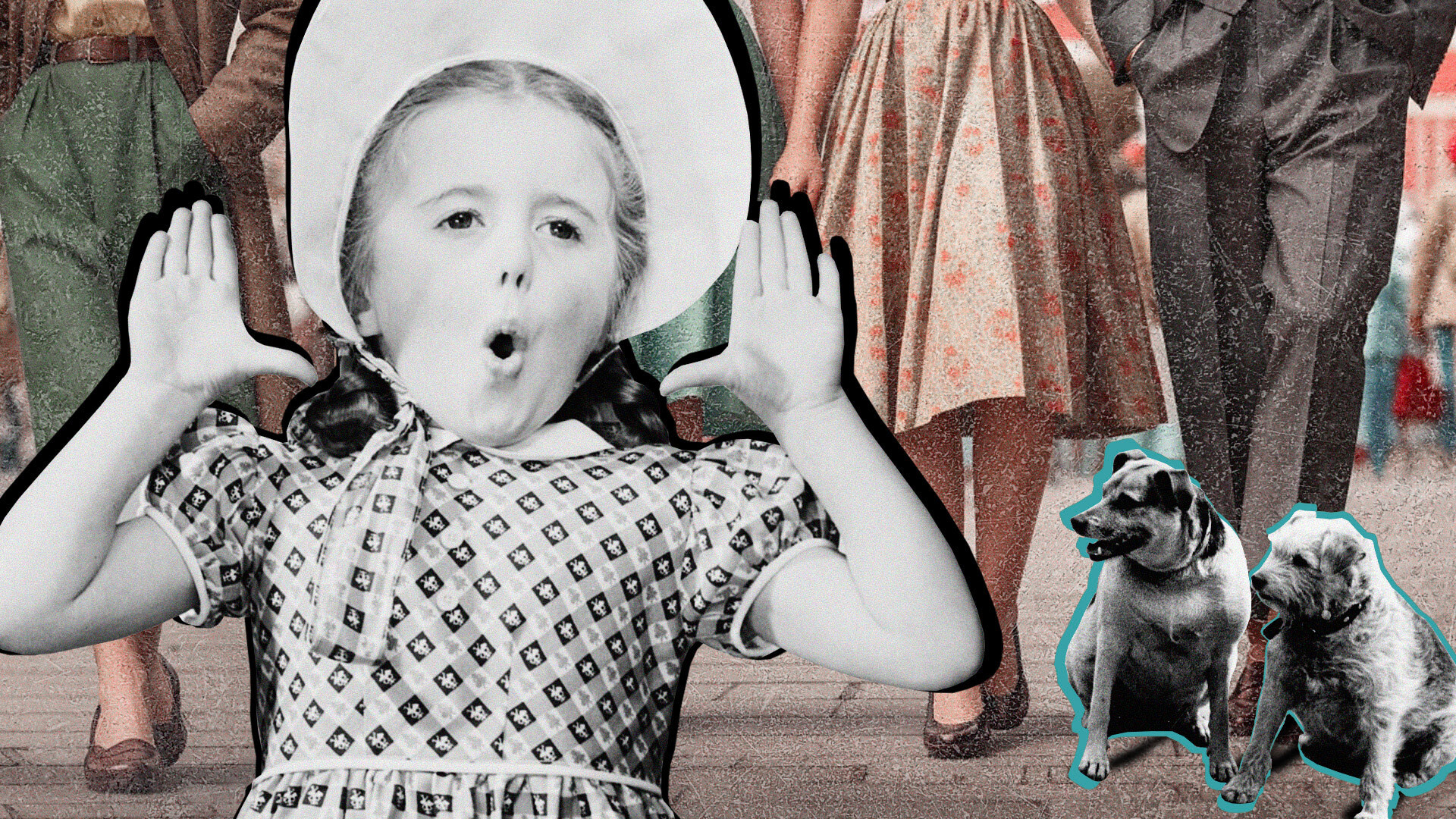
“Aunt, please give me a bottle of milk and a loaf of white bread,” a child might say in a grocery store, addressing the cashier. “Pass the fare to uncle driver,” a mother might say to her child on a bus. So, how did the tradition of addressing strangers in this way emerge?
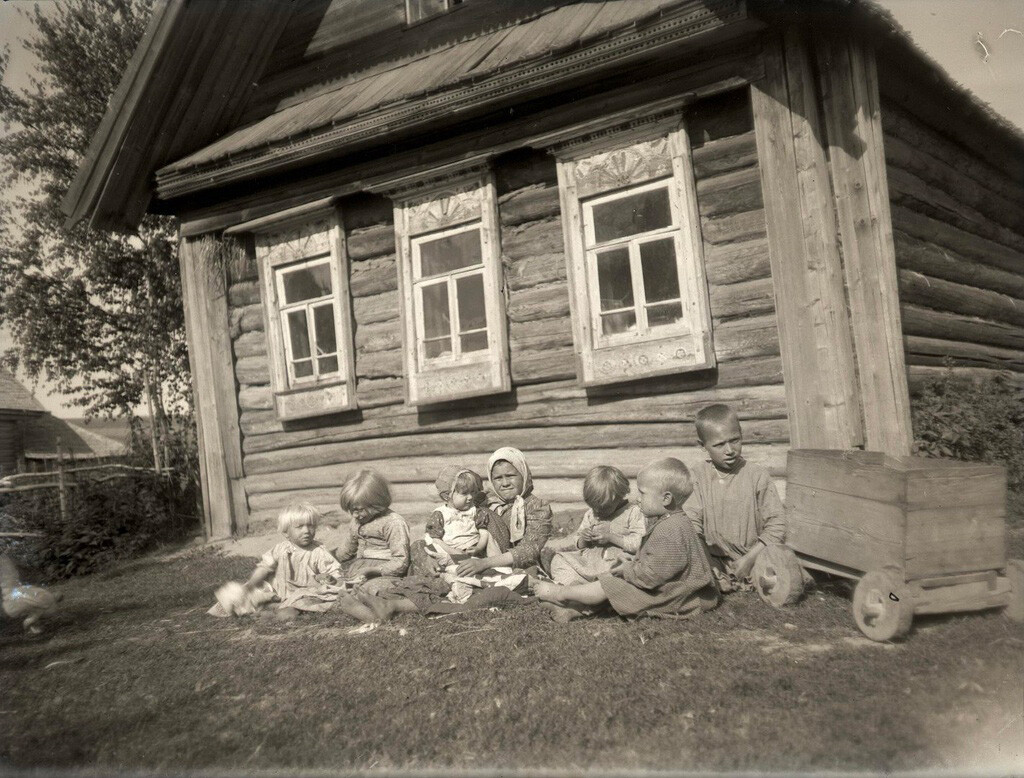
The Russian language has no neutral forms for addressing strangers. For example, the English language has ‘mister’ and ‘miss/missus’, the French language has ‘monsieur’ and ‘madame’. Russian doesn’t have that, the address is usually ‘devushka’ (‘young woman’), ‘molodoy chelovek’ (‘young man’). But, addressing others like ‘zhenshchina’ (‘woman’) and ‘muzhchina’ (‘man’) is considered impolite and even insulting, because it hints at the other person’s age.
Until the 1917 Bolshevik Revolution, people addressed others depending on their title or social status:
In cities, this most often was ‘sudar’/‘sudarinya’ (‘sir’/’lady’ – from the word ‘gosudar’, which means ‘sovereign’); when addressing a group of people, others would say ‘damy’/’gospoda’ (‘ladies’/’gentlemen’, which was borrowed from French back under Peter the Great). The Grand Dukes were addressed in no other way but ‘your grace’, the imperial persons – ‘your highness’.
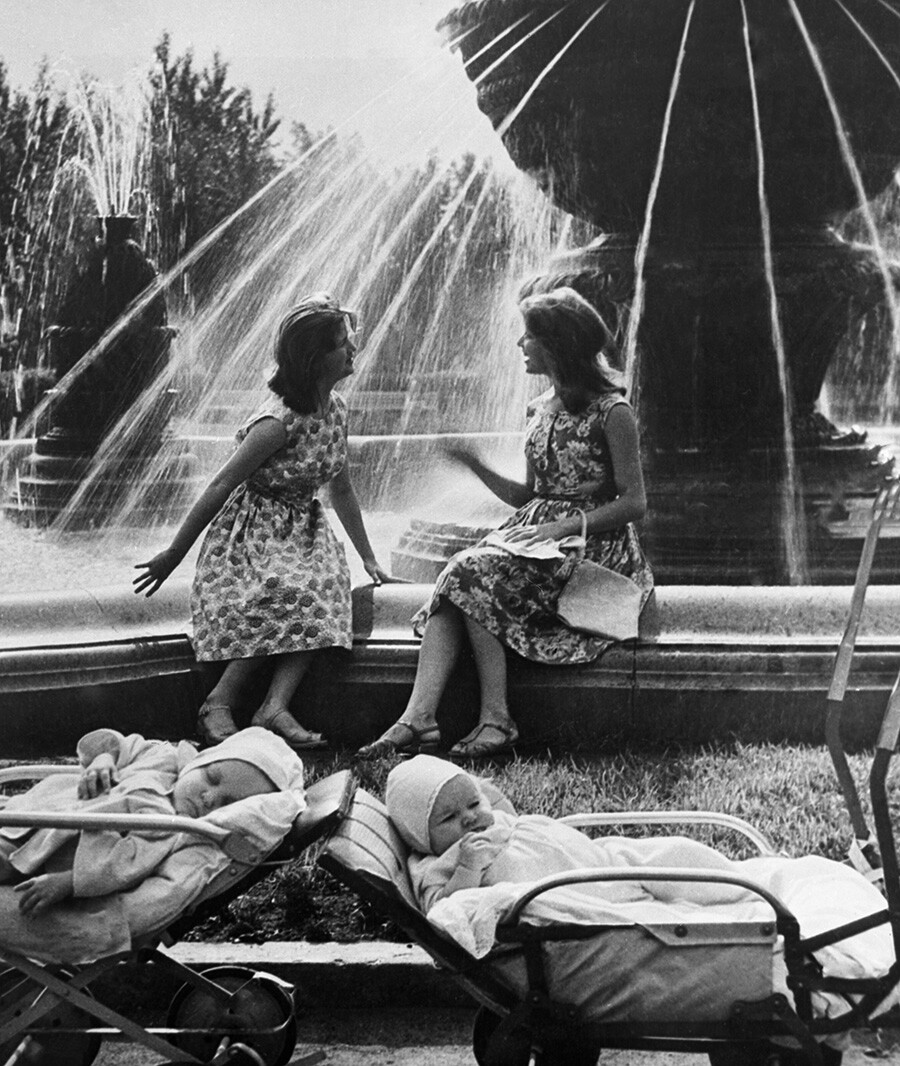
In a village environment, everything was much simpler. People addressed each other like relatives. For example, an adult could often call an elderly stranger ‘father’; to their peers, they would say ‘brother’ or ‘sister’. For a child, everyone was ‘aunts’ and ‘uncles’. This was considered respectful when a child addressed the peers of their parents.
In the middle of the 19th century, industrial enterprises began developing rapidly in the Russian Empire and people started coming for work – so, this style of addressing migrated to urban environments.
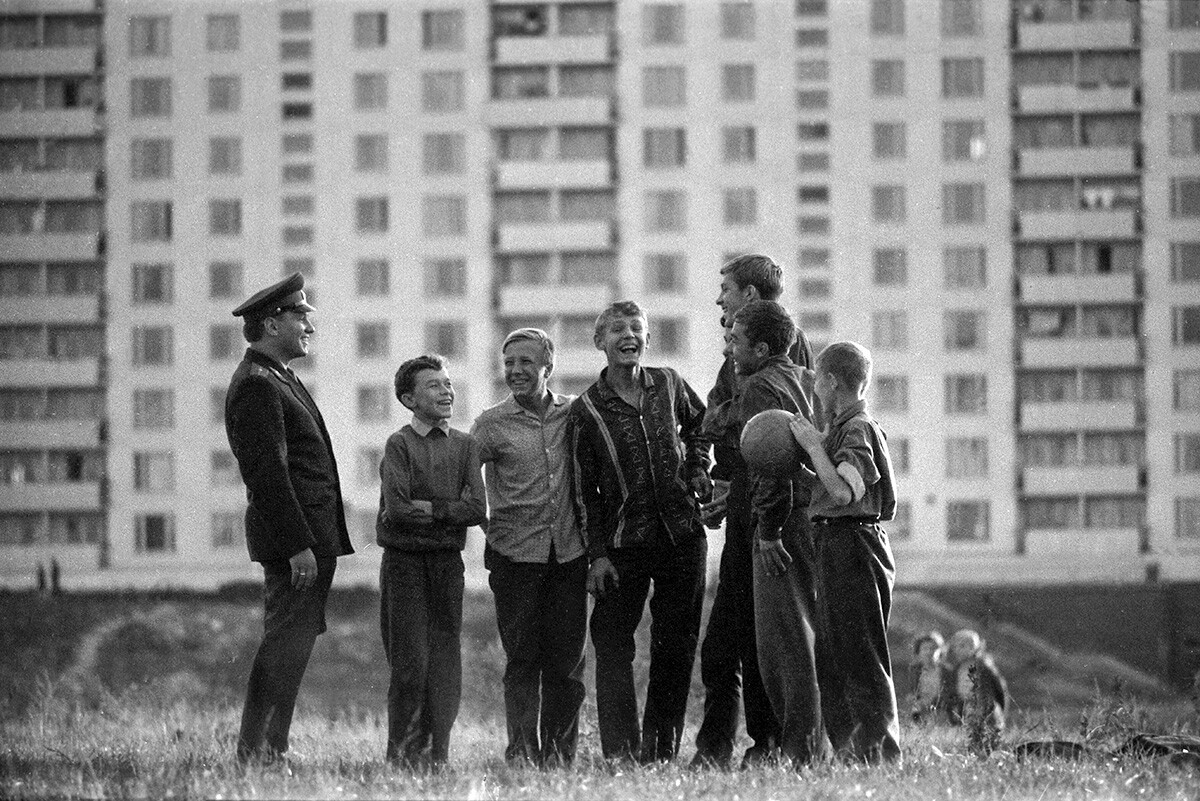
In the Soviet Union, ‘sir’ and ‘grace’ disappeared and everyone became “equal”. The Russian language was supplemented with the address ‘tovarishch’ (‘comrade’) for everyone – but, it was mainly used in official settings. In everyday life, the simple ‘aunts’ and ‘uncles’ still remain, as a way to address both people you know and strangers. Many, even when they grow up, still call their mother’s friend ‘Aunt Sveta’, for example and, by habit, they teach the same to their kids.
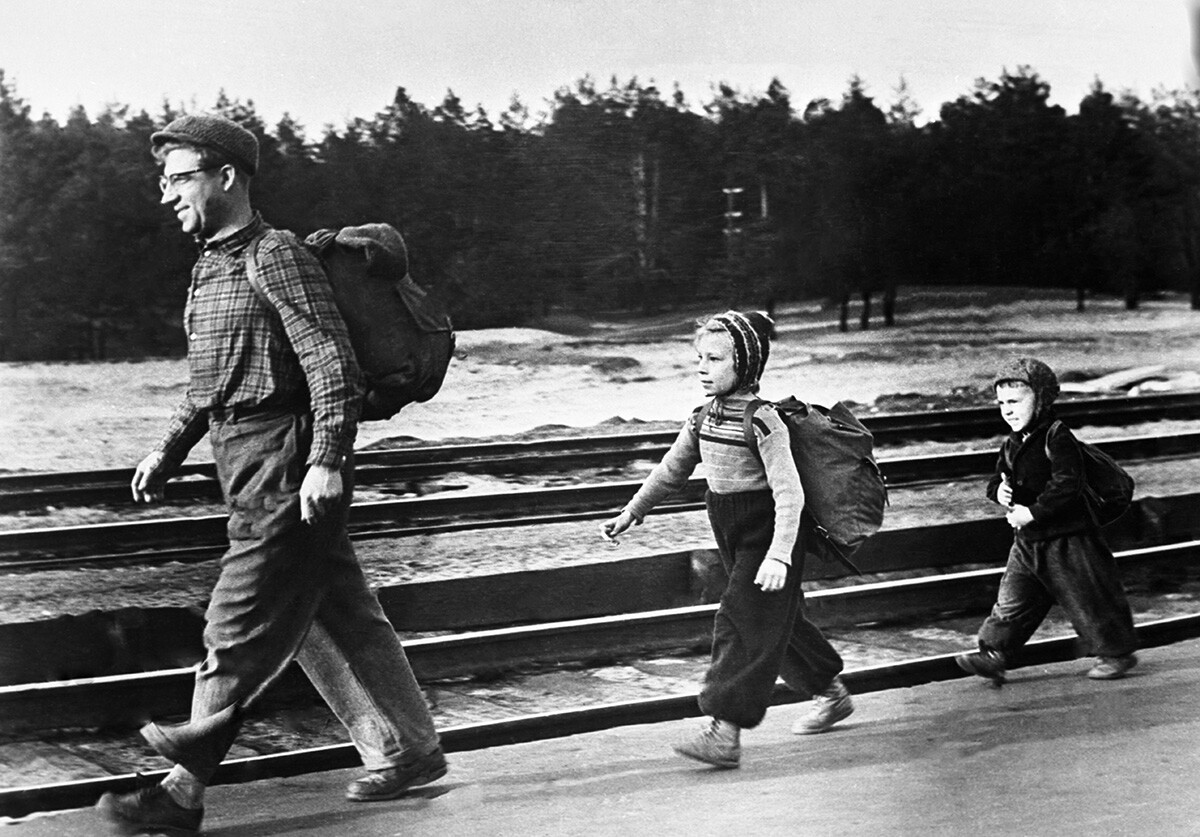
From a linguistic standpoint, these words resemble baby talk (‘dya-dya’, ‘tyo-tya’, ‘ma-ma’, ‘pa-pa’, ‘ba-ba’, ‘de-da’ – the latter two meaning ‘grandmother’ and ‘grandfather’) and are easy to remember.
The roots of these ways of addressing people also point to the fact that the inhabitants of one village truly could be each other’s relatives, albeit not direct but twice or thrice removed. As such, people inadvertently highlighted their kinship.
That was also required for one’s safety, especially when it came to children. If you let others know that you are from “their people”, they wouldn’t wrong you.
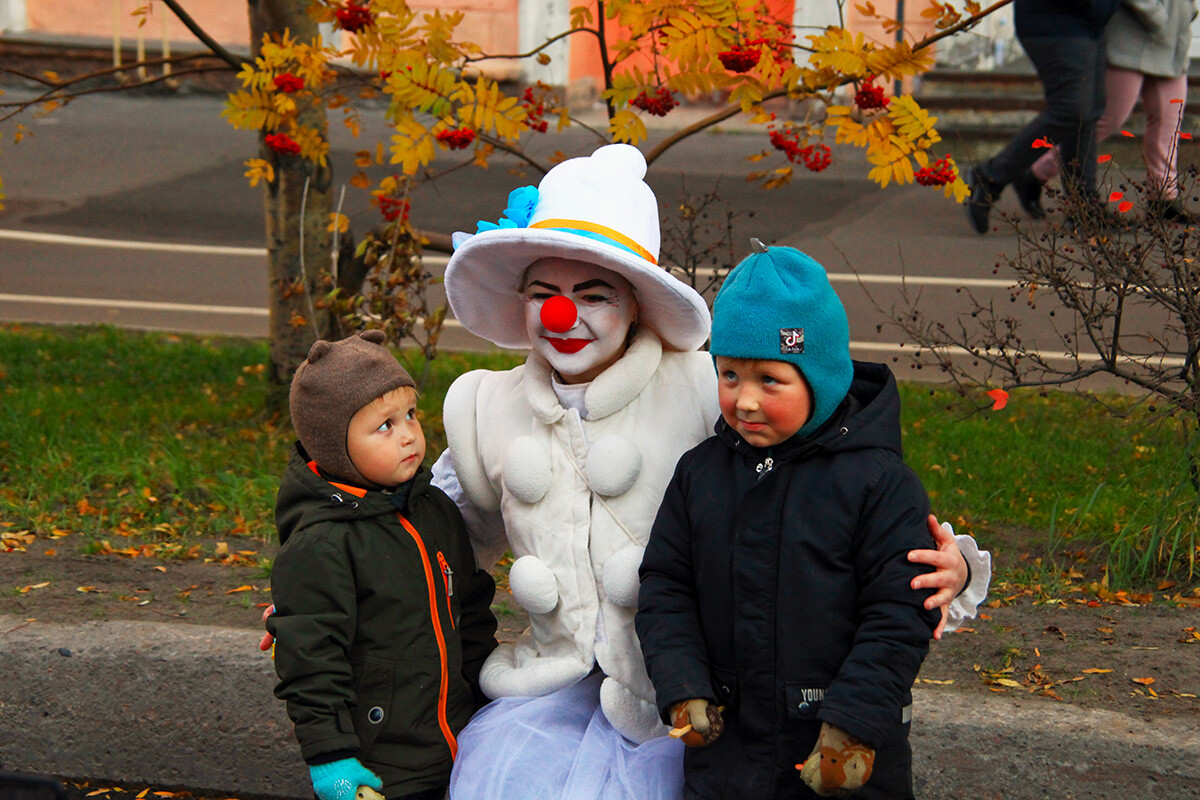
Today, the most modern and respectful way of addressing people is either to do so by the first and patronymic names (‘Elena Pavlovna’, ‘Dmitry Alexandrovich’) or, if we’re talking about a stranger, simply starting with ‘Sorry’, ‘Excuse me’ and using the formal Russian ‘вы’ (‘vy’) instead of ‘ты’ (‘ty’) when necessary.
“My mother believed that ‘uncle’ and ‘aunt’ are village-like ways of addressing people and people in the city, with higher education, don’t call each other that,” Tamara from Moscow says, a linguist by education. “So, we addressed adult acquaintances by their first and patronymic names, unless they themselves wanted to be called aunts and uncles. I was taught to address strangers as follows: ‘Greetings, excuse me, please.’”
‘When I was little, I addressed strangers like that,’ Darya from Moscow says, a photo editor, ‘since my parents told me before things like “don’t fidget, you’ll get the aunt dirty”.’
‘I, to the contrary, as a child always called everyone by their first and patronymic names, and I myself am being introduced to children now as Aunt Sveta,’ economist Svetlana from Moscow says, ‘they call me sudarinya nowadays only when I buy pancakes at a cafe.’
Dear readers,
Our website and social media accounts are under threat of being restricted or banned, due to the current circumstances. So, to keep up with our latest content, simply do the following:
If using any of Russia Beyond's content, partly or in full, always provide an active hyperlink to the original material.
Subscribe
to our newsletter!
Get the week's best stories straight to your inbox